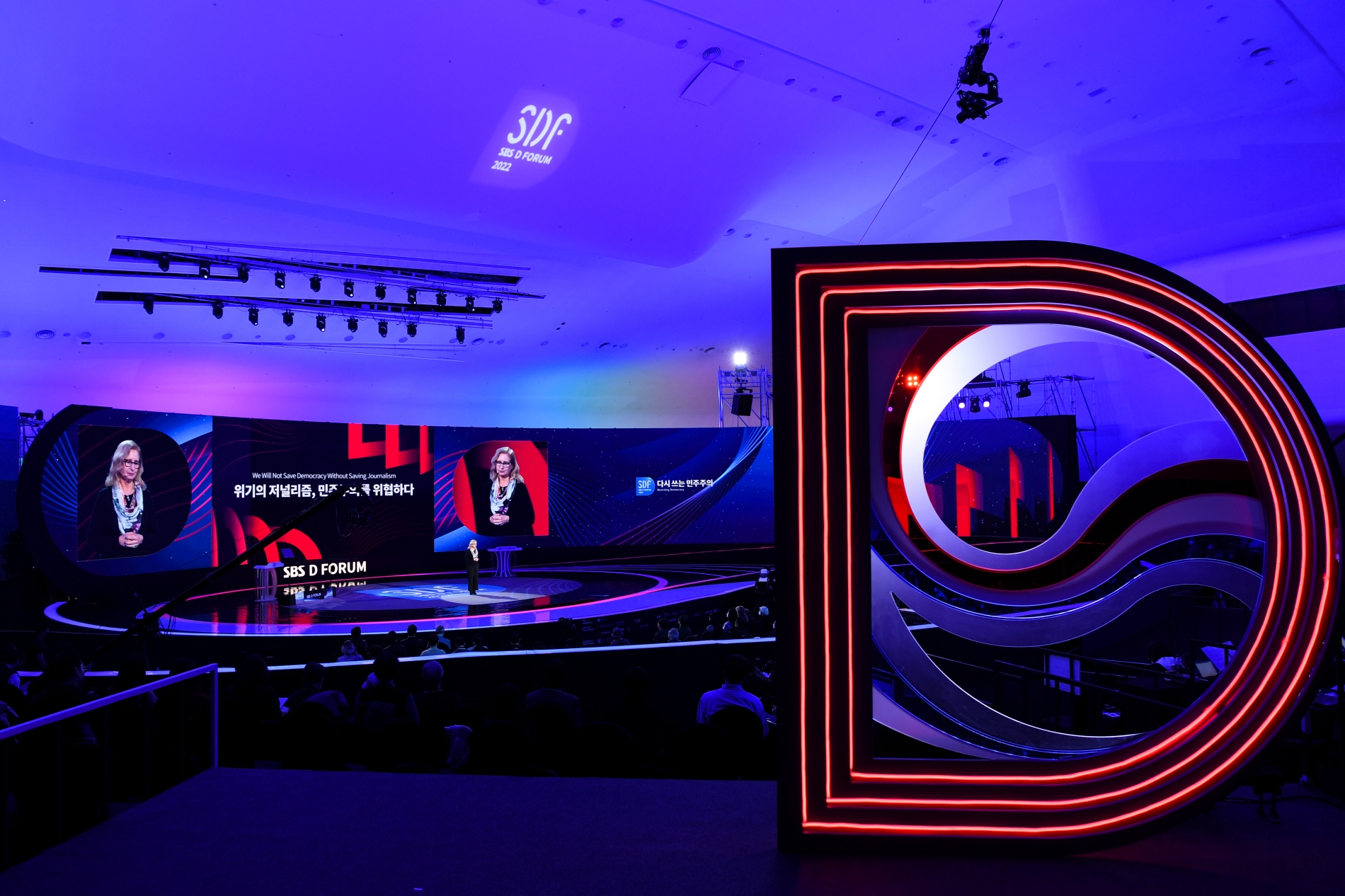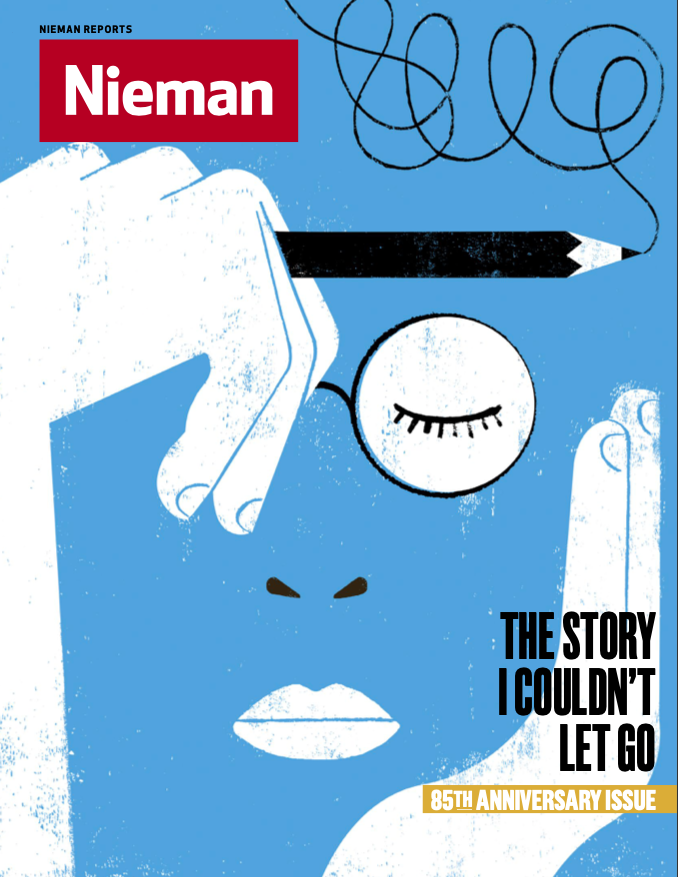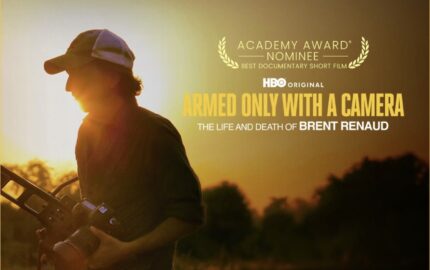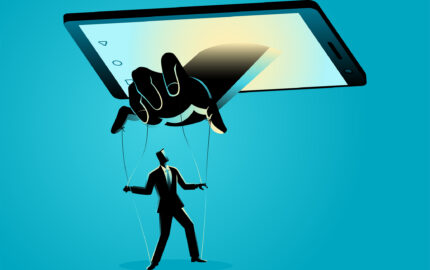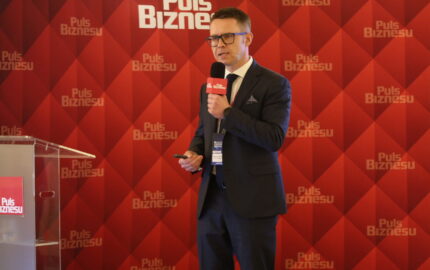Chong-ae Lee, NF ’13, on the value of taking a step back and looking at the big picture
Nearly two decades ago, I received a phone call from the news innovation editor in my newsroom, asking if I was interested in joining the “Future and Vision Division” that had been established within the newsroom the year before. This unique department was dedicated to examining the mid-and long-term issues affecting our society. SBS (Seoul Broadcasting System), one of the three major territorial broadcasting networks in South Korea, had conceived of this unconventional idea to differentiate itself from its competitors.
I was a decade into my journalism career at the time, and the pioneering division immediately captured my attention. My role was to interview experts and help come up with mid- and long-term issues we were not covering in the news because it was too deep in scope. The Future and Vision Division did things like analyze population and environmental data and examine education and labor issues based on its findings using forums and documentaries to engage audiences. We investigated technology trends in the digital era and commissioned research from universities and think tanks. We then used our research-based findings to propose policy ideas to the government through two forums that SBS has organized, the Seoul Digital Forum and the Future Korea Report.
Around 2018, we started seeing an undeniable shift in technological issues inextricably entwining with social ones. In response, we started to merge the two forums into the SBS D Forum (SDF). Through this new platform we conducted interviews with domestic and international figures, sent out weekly newsletters, and brought people together to discuss pivotal issues from diverse perspectives.
With the pandemic, the climate crisis, the impact of technological innovations like AI on white-collar jobs, and global crises such as Russia's invasion of Ukraine, we are experiencing intersecting crises that are changing the rules of society. In this poly-crisis era, where nobody has clear answers, we've realized the key lies not in finding immediate solutions, but in raising the right questions to be considered through collective dialogue.
During the presidential election in 2022, as team leader of the future and vision division, I decided to organize a joint study with Seoul National University Institute of Future Strategy to look into issues of political reform like institutional transformation and democratic innovations. The idea was to find ways to hear more diverse voices through political system. The study was presented in SBS D Forum 2022. This November, the SBS D forum will examine the economic system using the theme of “Rewriting the Economic Paradigm in the Age of AI.” We plan to ask participants, “What are the questions you think we should be raising and talking about as we navigate this era of transformation together?” I believe raising the right questions as a journalist is still the most important role we can play during this difficult time of transition.
